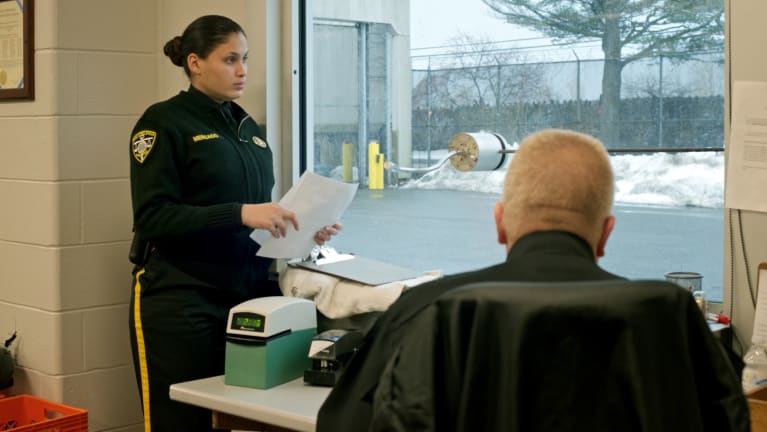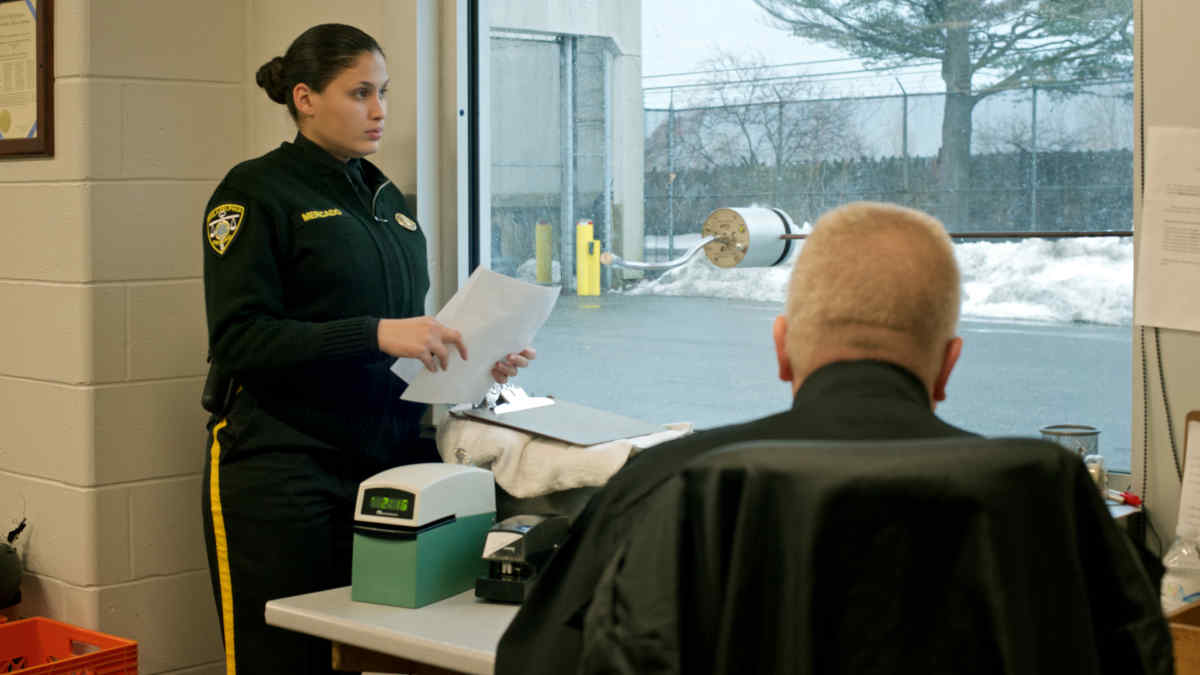

The Maryland Department of Public Safety and Correctional Services (DPSCS) recently agreed to a $13 million settlement with the U.S. Department of Labor (DOL) over unpaid wages and overtime.
The DOL investigated violations of the Fair Labor Standards Act (FLSA) from Nov. 6, 2018, through Aug. 4, 2021. The agency found the state failed to pay correctional officers overtime for hours worked beyond 40 hours per week, primarily because it relied on scheduled hours, even if the worker started work before their scheduled time or stayed after their scheduled time.
The settlement applies to 3,874 current and former correctional officers, according to a letter from DPSCS Secretary Carolyn Scruggs to the state Board of Public Works, which approved the settlement on July 5.
The settlement is “a good first step,” said Stuart Katzenberg, director of collective bargaining and growth for AFSCME Maryland, the Baltimore-based union that represents correctional officers and other state employees. “The investigation is ongoing to make sure all hourly employees are made whole.” The next phase of the DOL investigation will focus on correctional supply officers, correctional dietary officers and correctional maintenance officers, according to the letter.
Katzenberg said the practice of paying based on scheduled hours ceased in August 2021 because of the DOL investigation.
Lenore Uddyback-Fortson, a spokesperson for DOL’s Philadelphia regional office, declined to comment on the settlement because the case is still open.
“This news is a big step for us to be able to move forward with the pay that we know we are entitled to after constantly being told we weren’t. We’ve faced understaffing, constant changes in policies, and mental and physical stress in this job. This money is long overdue,” said Dorian Johnson, a correctional officer sergeant at the Chesapeake Detention Facility in Baltimore.
“Hearing this news makes me finally feel like the correct things are being done,” said Oluwadamilola Olaniyan, a correctional officer sergeant at Jessup Correctional Institution in Jessup, Md. “We were able to make this investigation happen because so many of us stood up together to say something was wrong with our paychecks. Now we’ll finally get back some of the money that we were entitled to in the first place.”
Federal Law
Under the FLSA, employers must pay hourly workers for all time during which an employee is required to be on duty, on the employer’s premises or at a prescribed workplace, according to a DOL fact sheet. Employers must pay for time spent on any work “suffered or permitted” to be performed. They also must pay nonexempt employees overtime pay for time worked over 40 hours per workweek at 1.5 times the regular pay rate.
“No employer can manipulate people’s time or intimidate employees to work off the clock,” Katzenberg said. “All hourly employees under the FLSA need to be paid minute for minute for the time they work, punch in or come to work.”
HR professionals and supervisors need to know that it’s illegal to encourage hourly workers to start work five or 10 minutes early and not pay them for that time, Katzenberg added.
Principal activities, for which workers must be paid, can include preliminary and postliminary tasks like preparing machinery and tools, donning protective clothing, or waiting for goods to be loaded or unloaded, according to the DOL.
“For compliance purposes, the key is to always pay for time reported. Docking suspected exaggerated time is a mistake. Pay always, but discipline separately,” said Kevin Connelly, an attorney with McDermott Will & Emery in Chicago.
For nonexempt employees, employers should “consider a time-reporting system that both requires employees to self-report their work time and provides the ability to do so without limitation,” Connelly said, adding that this system “can be set up as an exception system or can become part of the daily/weekly time-reporting system. This reduces the exposure to off-the-clock claims but does rely on the integrity of employees to report honestly or, alternatively, on the ability of supervisors to identify and discipline for dishonest reporting.”

